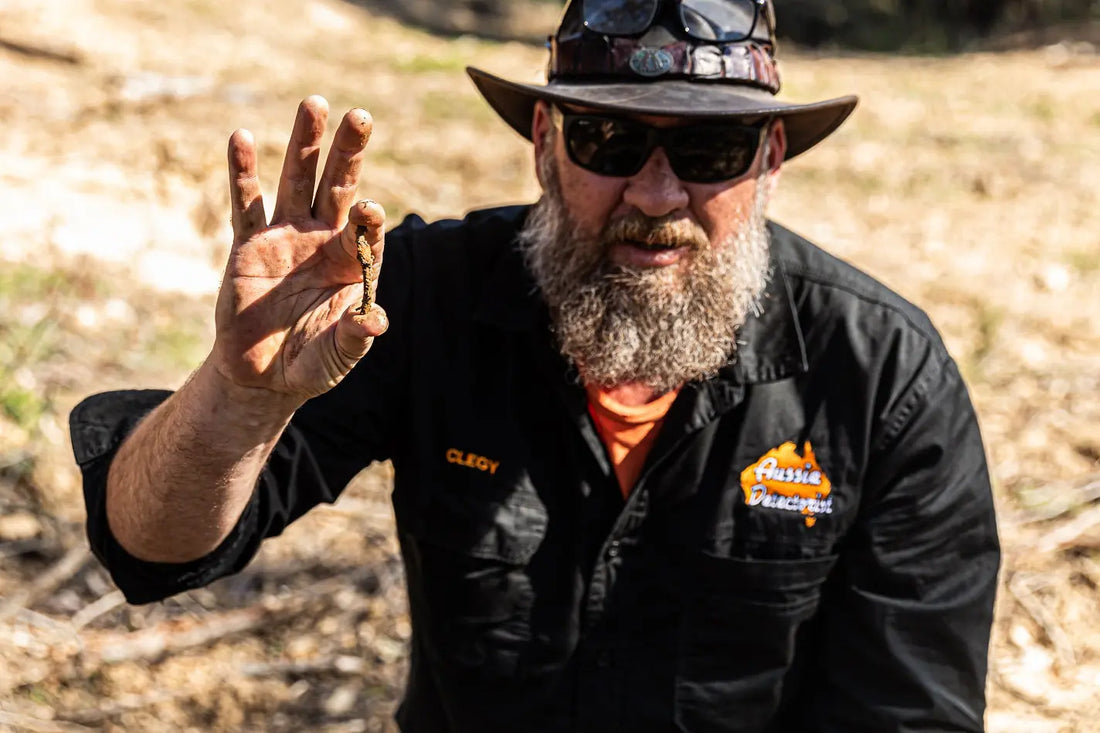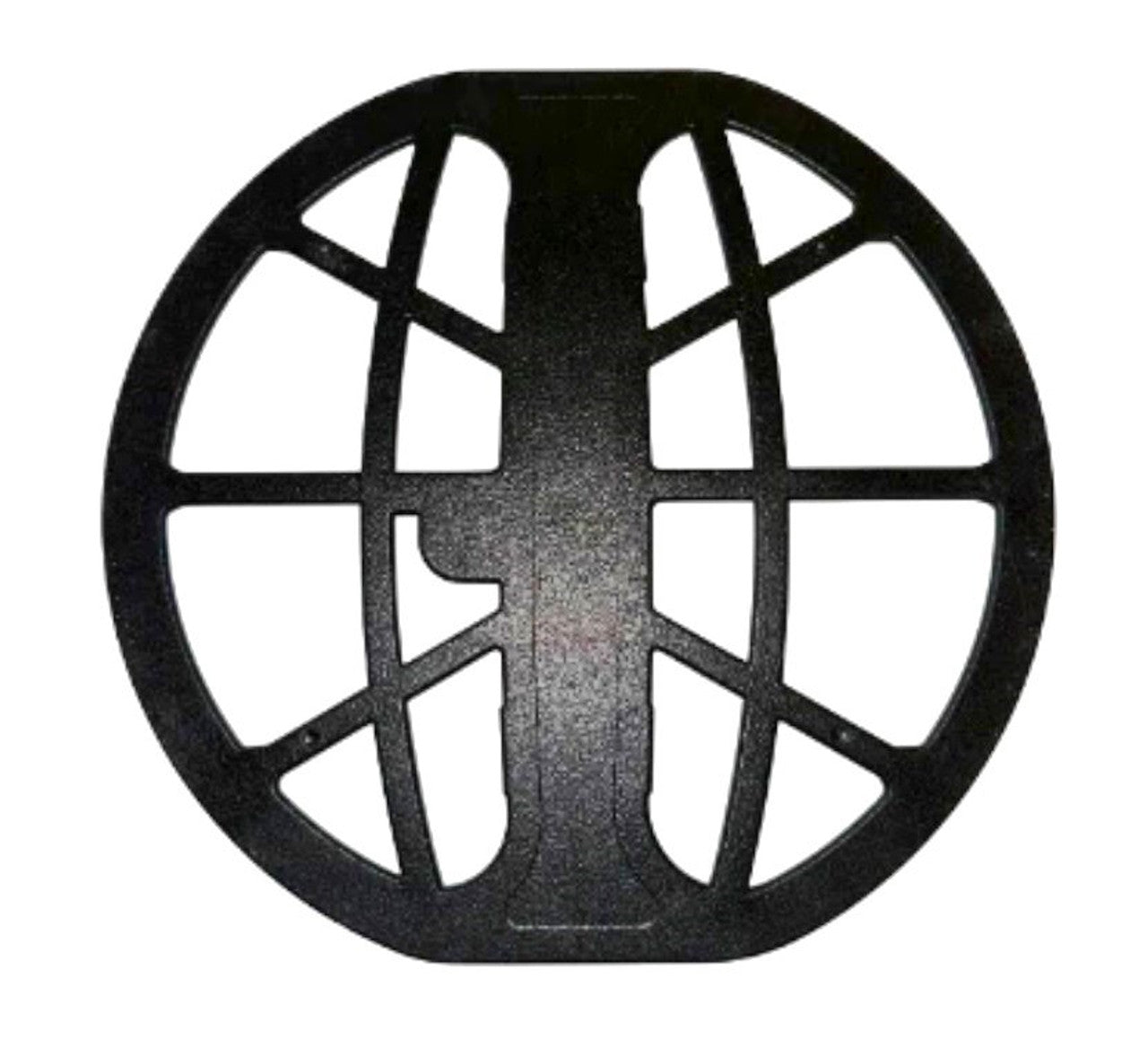
10 Top Tips for those looking to get into the Hobby of metal Detecting
Share
Ready to buy a Metal Detector? Here are 10 tips to get you going and to help you find treasure faster.
Are you intrigued by the idea of unearthing hidden treasures, uncovering relics from the past, and delving into the mysteries of history?
If so, metal detecting might just be the hobby for you. Armed with a metal detector and a spirit of adventure, you can embark on a journey of exploration and discovery.
This quick 10 step guide will walk you through the essential steps to get started on your metal detecting journey.
-
Choosing the Right Metal Detector: The first and most crucial step is selecting a metal detector that suits your needs. Consider factors such as your budget, intended locations, and the type of objects you wish to find. Entry-level detectors are great for beginners, while more advanced models offer additional features and higher performance.
Call Aussie Detectorist for Unbiased advice, we have access to all 4 Major manufacturers in Australia, 0467 614 701 Or hit the contact us link. -
Understanding Metal Detecting Laws and Regulations: Before you embark on your metal detecting adventures, familiarize yourself with the laws and regulations in your area. Some locations may require permits or have restrictions on where you can detect. Research local laws to ensure you are operating within the legal framework.Joining Associations Like NAPFA (NSW) and PMAV (Victoria) can really help with this.
-
Researching Potential Sites: Identifying the right locations can significantly enhance your chances of finding interesting artifacts. Historical maps, books, online resources, and local historical societies can provide valuable insights into potential hotspots. Popular sites include old parks, beaches, historical landmarks, battlefields, and abandoned properties (with proper permission).
-
Mastering the Basics: To maximize your success, it's essential to understand the basics of metal detecting. Learn about discrimination (the ability to filter out unwanted targets), ground balance (adjusting for mineralization in the soil), sensitivity settings, and target identification. Practice in your backyard or a local park to get familiar with your detector's signals.
-
Essential Tools and Accessories: Invest in some essential tools and accessories to enhance your metal detecting experience. These may include a digging tool (such as a trowel or a small shovel), a pinpointer (to precisely locate targets), a pouch or bag for your finds, and a comfortable harness or harness vest to distribute the weight of the detector.
-
Techniques for Effective Searching: Adopting proper search techniques can significantly increase your chances of finding valuable items. Start with slow and methodical sweeps, overlapping your paths for thorough coverage. Pay attention to subtle changes in sound or signal strength. Digging plugs with care and respect for the environment is essential.
-
Researching and Identifying Finds: Once you've discovered interesting objects, it's time to research and identify them. Books, online forums, local experts, and museum curators can help you identify artifacts and provide insights into their historical significance. Remember, responsible metal detecting includes reporting any significant finds to the relevant authorities or local historical societies.
-
Joining Metal Detecting Communities: Joining metal detecting communities can be a rewarding experience. You can connect with fellow enthusiasts, share knowledge, and exchange tips and stories. Online forums, social media groups, and local metal detecting clubs are great places to connect with like-minded individuals who share your passion.
-
Respecting the Environment and Heritage: As a metal detectorist, it's crucial to respect the environment and heritage sites. Always obtain permission before detecting on private property, follow the metal detecting code of ethics, and practice responsible digging techniques. Leave no trace and fill any holes you dig properly.
-
Continual Learning and Improvement: Metal detecting is a hobby that offers continuous learning and improvement opportunities. Keep exploring new locations, expanding your knowledge, and honing your skills. Embrace the joy of discovery and the thrill of unraveling history one find at a time.

Metal detecting is an exciting and rewarding hobby that allows you to delve into the past and uncover hidden treasures.
With the right equipment, knowledge, and a spirit of adventure, you can embark on a journey of exploration that connects you to history in a unique way.
Remember to research local laws, choose suitable locations, practice responsible detecting, and join communities to enhance your experience. So, grab your metal detector and get ready to unearth the wonders of the past.
Happy hunting!


